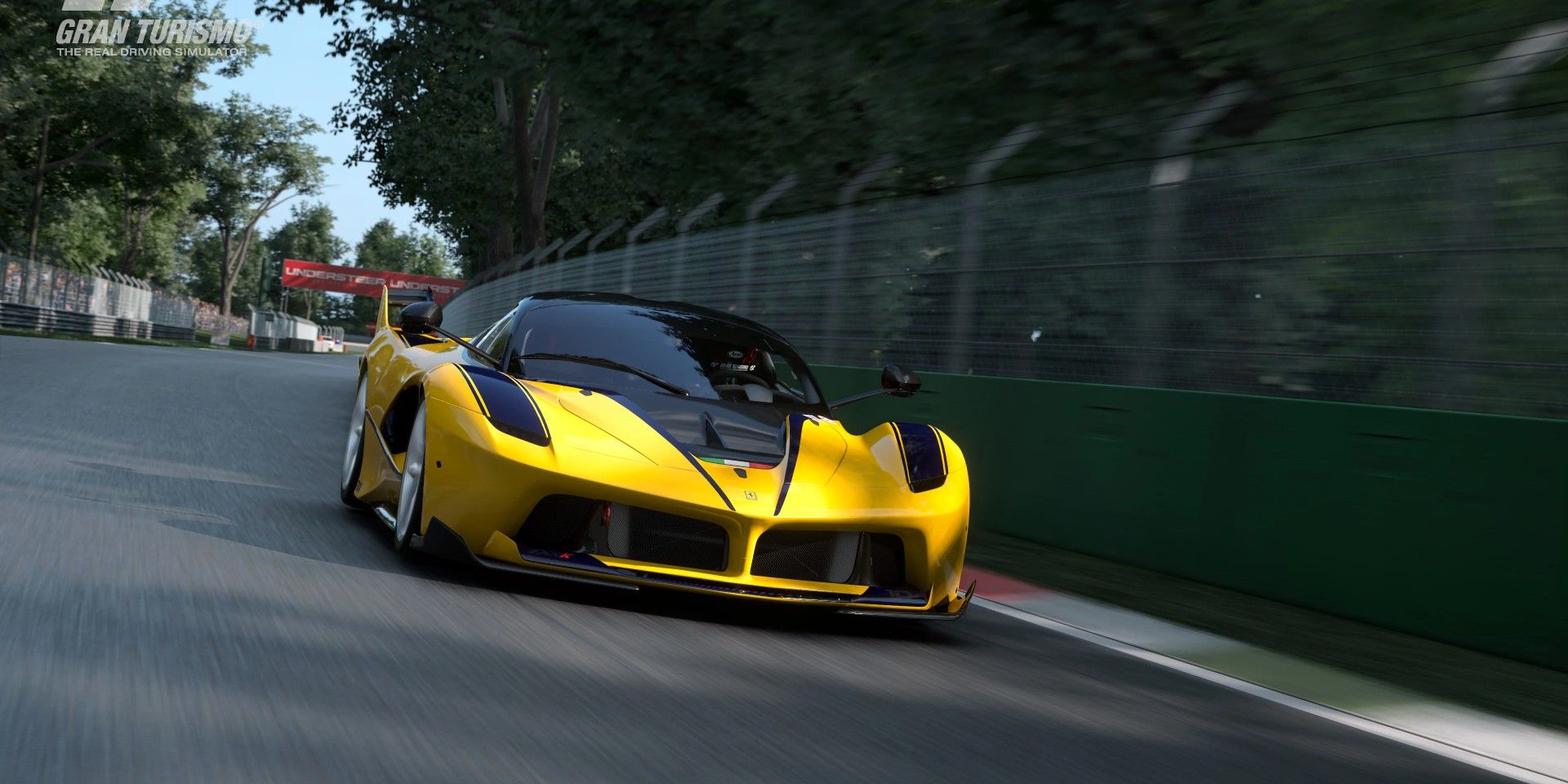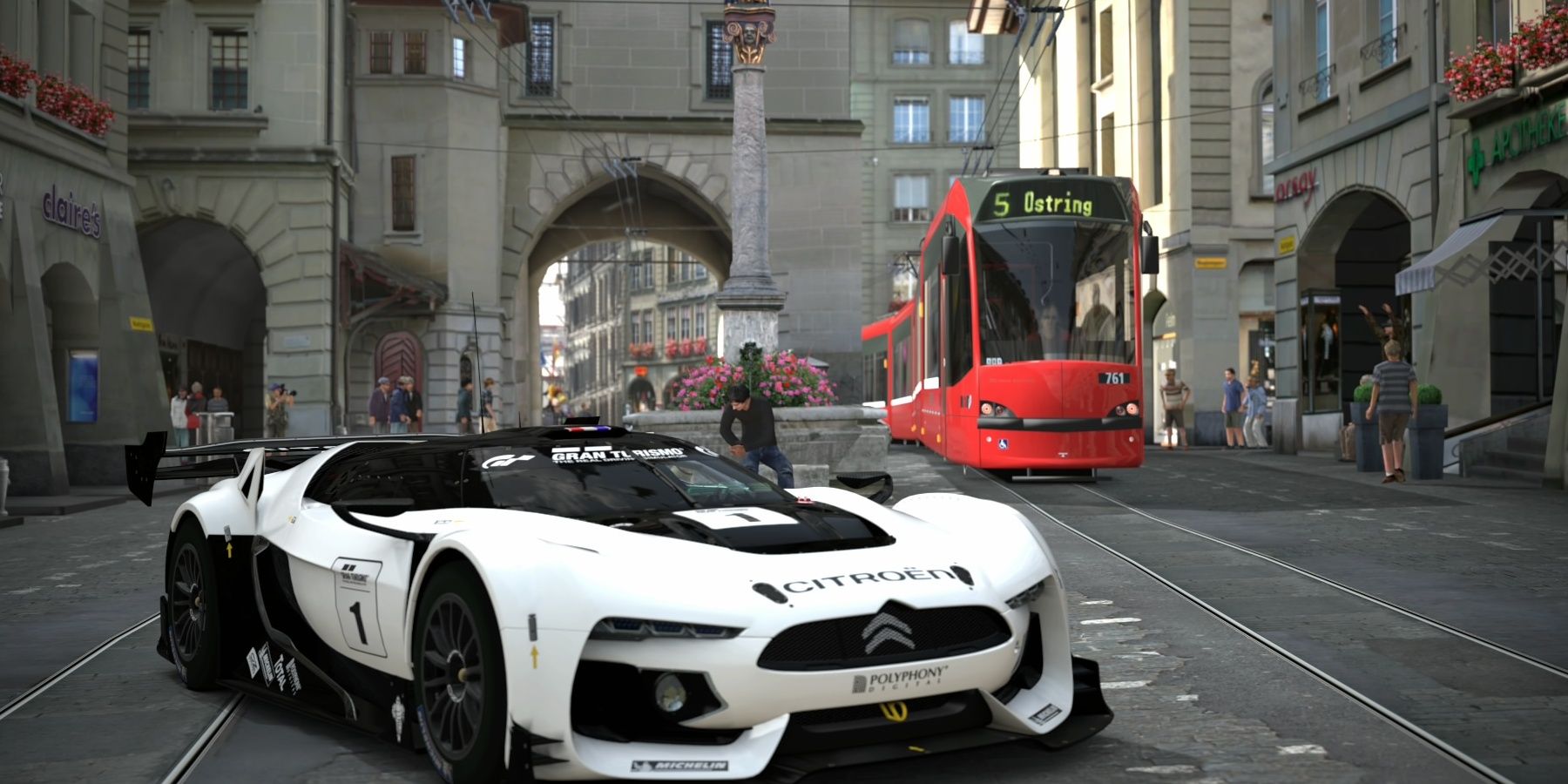An update from Gran Turismo 7's founder Kazunori Yamauchi addresses concerns surrounding the game's rewards systems and in-game purchases, making interesting points about the value of virtual vehicles. The long-awaited next chapter in the franchise has come under heavy criticism since its release owing to its pervasive microtransactions. These microtransactions only went live after the game was released and reviews for it had already shipped, and many fans were disappointed to see that the latest Gran Turismo was charging as much as $40 for some cars.
While many players are praising the core game for its polished mechanics and breathtaking visuals, the presence of these in-game purchases has dampened positive public fervor for the game a bit. Gran Turismo 7 follows a similar formula as other contemporary racing video games, with the player competing against the clock, other players, or NPCs in various races and across a diverse range of locales. These races yield in-game credits based upon performance which can be used to purchase the game's many vehicles. As the player continues with the game, the cars they purchase become progressively more expensive and higher-performing, which is where the microtransactions come in. Rather than earning the required credits through racing, players can simply spend real-world cash on them and circumvent this process-- a route that some might find more desirable following Gran Turismo 7's truncation of rewards in a recent update.
Fans were, unsurprisingly, not happy about this change, prompting series creator and developer Kazunori Yamauchi to issue a special statement on the Gran Turismo website. After apologizing for a server outage unrelated to microtransactions, Yamauchi went on to comment on the in-game purchases anyway, stating that he would ideally want players to have a comprehensive experience without in-game purchases, but that "pricing of cars is an important element that conveys their value and rarity, so I do think it’s important for it to be linked with the real world prices." Yamauchi proceeded to mention that he would like the game to be devoid of grinding "if possible" and that there are long-term plans for the game that he cannot divulge at this time.
Players might have a general idea about what these long-term plans could look like, as Gran Turismo 7 has already added some new features post-launch. Fans might be a little more confused about Yamauchi's specific statements about microtransactions, though; pricing of automobiles in the real world is connected to rarity and value, but that has little to do with cars in video games, as they exist for the purpose of recreation detached from real-world concepts like hard-earned currency.
To Yamauchi's credit, his acknowledgment of the pitfalls of microtransactions and grindy gameplay in Gran Turismo 7 is somewhat admirable. Many other game developers seem to deny that in-game purchases are unpopular with the gaming community, so Yamauchi stands apart from these figures in that regard. Simply addressing these concerns might not be enough for many fans, so hopefully Yamauchi and his team can keep microtransactions from deteriorating the overall Gran Turismo 7 experience.
Source: Gran Turismo


